A conversation about recent real estate scams in our community left me deeply disturbed—not only because of the pain and financial loss inflicted on the victims but because of the disturbing response from those around me. Instead of a united call for accountability, I witnessed people urging others to stay quiet, to “protect the family” of the perpetrator, to keep things hush-hush and “not publicize the details.” I’m sorry, but there is no justification for this kind of protection. In fact, there is a strong precedent for the opposite response, and it is time we follow it.
When we whitewash these actions, offering sympathy and protection to those who harm others, we’re sending a clear message: commit any wrong you want, hurt as many as you want, and we’ll look the other way. This approach fails us all. Rav Shimon Schwab zt”l famously warned against the chillul Hashem that arises when a member of our community acts dishonestly. He spoke about a Jewish businessman who went to trial for embezzlement and publicly rebuked those who asked him to intervene. Rav Schwab saw the man’s public actions as a disgrace to the Jewish people, a “virtual rodef”—a pursuer who threatens the integrity and safety of the entire community. His message was clear: no whitewashing, no condoning, and no protecting the desecrators of Hashem’s name.
Rav Schwab even went so far as to demand that this man remove his yarmulke and shave his beard when appearing in court to avoid further shame to the Jewish people. He urged that we treat those who act with such disregard for honesty and ethics as having “unwittingly defected from our ranks.” Yet today, when faced with similarly shameful actions in our midst, some in our community still rush to shelter the perpetrators and preserve their public image. Why?
We must ask ourselves a hard question: Why do we allow individuals who tarnish the reputation of our community to slip back in, protected from shame and consequence? Why do we insist on preserving the image of someone who scammed, stole, or cheated, all in the name of “protecting” their family, while overlooking the innocent families whose lives were turned upside down?
Our communities have seen far too many of these scandals in recent years. And why wouldn’t they? When there’s little consequence for dishonest actions—when we let perpetrators blend back in without repercussions or shame—they become emboldened. They know they can offer a hollow apology, make some empty promises, and continue on as if nothing happened. And so the cycle repeats, leaving victims traumatized and the community’s integrity eroded.
It’s time to say “enough.” Instead of protecting the guilty, we should be standing with the victims, making it clear that deceit, theft, and fraud have no place among us. Public shaming may seem harsh, but it is a necessary step. If a scammer and their family faces the prospect of genuine public disgrace, perhaps they will think twice before causing such harm. If we take an uncompromising stance, if we refuse to protect those who desecrate our values, we may finally create a culture that holds each person accountable.
We have always prided ourselves on values of honesty, kindness, and justice. If we allow these values to be tarnished by those who act with impunity, we fail our own standards.
Rav Schwab’s words resonate louder than ever: “No whitewashing, no condoning, no apologizing on behalf of the desecrators.” Let’s show future scammers and fraudsters that there will be no shelter here for dishonesty and theft.
Anonymous
The views expressed in this letter do not necessarily represent those of YWN. Have an opinion you would like to share? Send it to us for review.
(YWN World Headquarters – NYC)


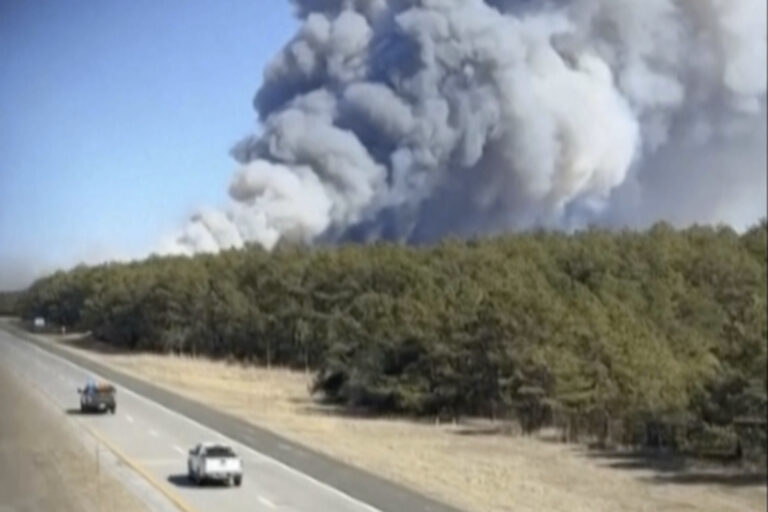

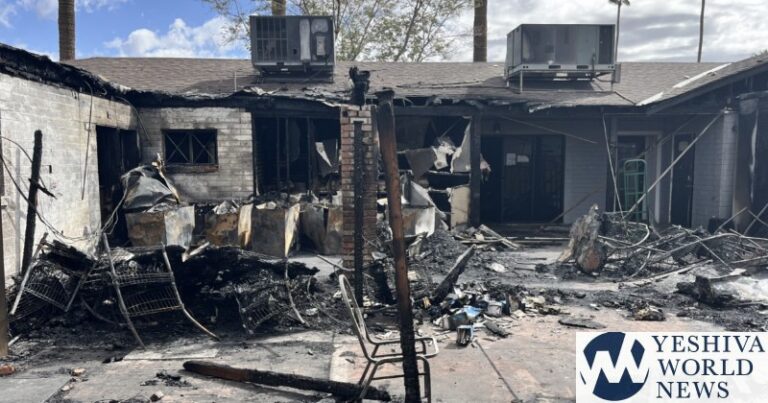
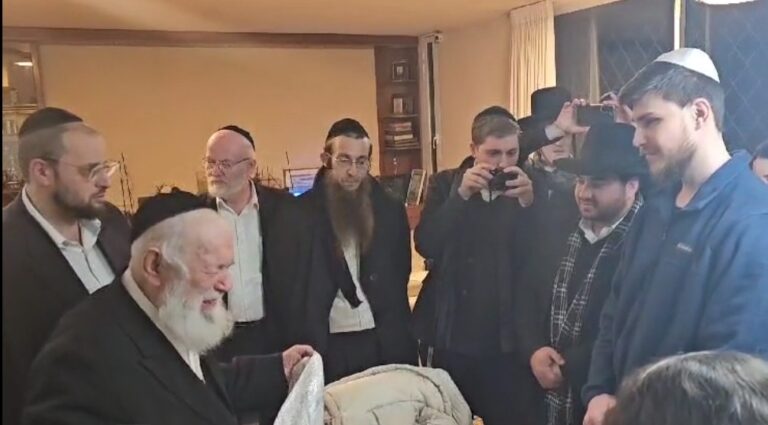
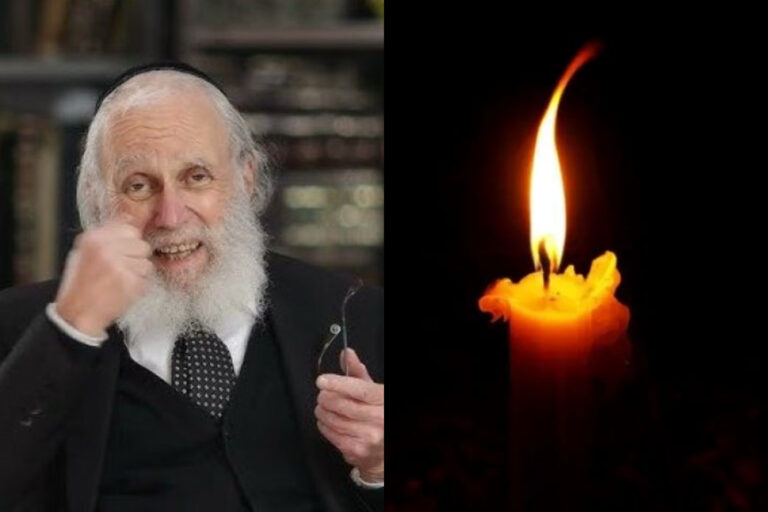


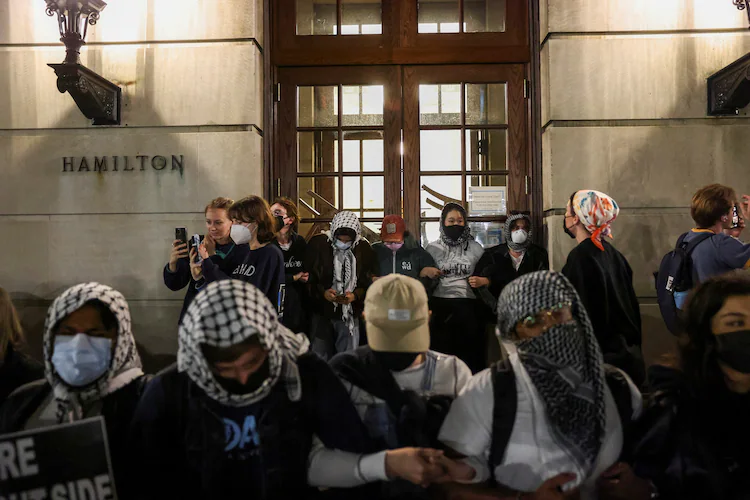


20 Responses
If you have proof of a Jew stealing from another Jew, at most the person can be summoned to a Din Torah, and if they don’t obey the Beis Din and refund the money stolen, the the matter goes to the goyim’s courts. Is the poster suggesting something else?
The Chofetz Chaim has got detailed guidelines on how to deal with such matters and a competent Rav needs to be consulted.
akuperma #1 is absolutely correct and on target.
Why not extrapolate that to Shadchanim who lie and give out people’s names without their permission (especially after being explicitly told not to). Maybe if there would be consequences for their actions they’d act in a civilized manner.
Maybe this would put a dent in the “shidduch crisis”!
There are situations where someone enters a business venture, borrows money to make the investment, and then loses everything. The victim whose money was lost is apt to believe that the venture was a scam. However, it might well have been a poor decision, or circumstances just did not work for the investment to succeed. Is shaming the answer to this? I suggest that this is dinei nefashos. There needs to be a psak din that assesses this prior to risking public shaming. I’m no happier about scams than the author. In fact, there are publicized campaigns for “tzedokoh” that might be considered scams. I think we have a double edged sword here. Not simple.
והאלוקים יבקש את הנרדף yes let’s stand up for the underdog! Rebbes who are suspected of inappropriate behavior ought to be fired – they can get a different job. The children don’t get to love another life they’re stuck with the trauma.
I mamish have the best solution.
Ask your Rav.
Ask your Daas Torah.
That’s what we do a Torah Jews.
If Halacha is being used to protect bad people who hurt honest Yidden, then maybe we have to examine the way we are understanding the Halacha. How can it be that Toras HaShem Temimah would allow bad, dishonest Jews to hurt other Jews?
I’m sure everyone who posts comments in this forums are ready to give a din vcheshbon for the loshon hara and rechilus that goes on here. Everyone sins in their own way. The scammers will need to answer up to “were you honest in business?” after 120 and own their portion to whoever they hurt.
These comments written online are blatant loshon hard without any daas torah quoted. Are YOU ready to give a din vchesbon to the thousands of readers who your words reached?? Why do you believe your words are less heavy than a scammers sin?
Just curious.
Whether the author here is right or wrong, it’s a little ironic that he/she writes a letter about exposing names, and then signs it anonymously.
to Avi G
you are part of the enabler crowd
you hide behind Lashan Hora the excuse for burying everything
no one cares about “lo samoid al dom reiacha”
happens to be the end of the pasuk!!!!
the crooks know they will not be exposed so they do it over and over
like the guy with the pesach proigram
he now has a chanukah program
and the oilam goilam will fall in again
An investment is never guaranteed. In fact, the greater the return, the higher the risk. When someone is offered a deal that will “double or triple your money”, you should be skeptical. But…greed gets in the way of logic. The dollar signs blind you to the risk. You don’t ask yourself, why doesn’t this deal get a bank loan at a reasonable interest rate? Oh, because the banks won’t touch this deal! The banks know this is a high-risk deal with a strong possibility of failing. But the yiddel is desperate to hit it rich and ignores all the alarms and red flags. Do you know why? Because yes, a few buddies did succeed and won the lottery on such an investment, so he thinks this is his ship knocking at his door. And guess what? It failed. So who is to blame? You can’t blame yourself or your greed, so you blame the “scammer” who made “false” promises of get rich quick…Is the State lottery a scam? A few WILL win big, but most won’t. Does that mean it is a scam? Is a casino a scam? Is the stock market a scam? Only a fool will put his life savings and go into debt to buy stocks!
It would be one thing if you had named a renowned Rav whom you had personally asked about this issue, but you didn’t. I understand that we listen to our Rabbanim, both those who are with us, may they live and be well, and those who are in the next world, but we also need to ask Shailos for each individual case. Shmiras Halashon cannot be taken lightly, and this isn’t an exception. (Since there really isn’t no such thing as an “exception” to Shmiras Halashon. There is l’toeles, and not l’toeles – i.e. Lashon Hara.)
To Yossies
Actually, I belong to the group of those who live with Hashem and consult with daas torah. What was the difference between Korach and pinchas? Pinchas consulted with daas torah before killing the sinners. We don’t issue a rebellion without asking for hadracha first.
Do your due diligence before you invest. Not every failed venture is a scam. The person taking the money may have had an idea, but it was just a poor one, and they blew it. Instead of shaming people, how about educating investors to be extra careful when investing? When you invest, you accept the risk of losing, and that’s your problem so long as the guy doesn’t intend to lie or steal. Plus, there is a downside to publicizing these stories. It may give investors the impression that you can’t trust anyone who is frum and many good opportunities are lost. Most investments aren’t scams, so let’s not turn people off.
I’m sorry for whoever wrote this letter. I hope Hashem pays you back all that you have lost.
Unfortunately, the scamming trend in the frum world is rampant. The real reason why no one addresses it and condemns it publicly isn’t because they are all big tzadikim when it comes to the laws of Lashon Harah, rather because they all are guilty of the same scams themselves in their business dealings, one way or another. Am Yisrael, their honesty and decency were once it’s crown, as the Navi says שארית ישראל לא יעשו עולה ולא ידברו כזב ולא ימצא בפיהם לשון תרמית (צפניה ג, יג), in this generation it’s the total apposite. It’s all about money and business and parnasah. It’s not possible to make money and be honest at the same time. As one good old friend of mine once said, in America it’s not possible to be honest and be very matzliach in business at the same time, the system is designed in a way that one can only make it big if they cheat and deceive and play shtiks in business, and since everyone has a yetzer harah for money, plus the fact that honesty and decency isn’t taught in our religious educational systems the way it should be, it’s not surprising when we see people in our communities give up on their honesty and values for money greed.
It’s ironic how in our torah education system our boys are taught from a young age through adulthood the gemaros pertaining monetary laws, like baba kamah baba metsiaa baba basra, but when they get into the real business world all those monetary laws and ethics that they spent years learning are completely forgotten. Perhaps this itself is the core problem, the fact that they aren’t taught from a young age about aspects that teaches Yiras Shamayim like Brachos and Moed first, instead they delve into Nashim Nezikin without Yiras Shomayim, and along the way of course they have to be mechadesh chidushim and come up with beautiful new סברות which they carry on in their lives and use to be מורה היתר for all their business dealings.
When it comes to Lashon Harah we are all big tzadikim. When it comes to Kashrus we all are super super tzadikim, we have to have five different haimish hashgachos on a wrapper of a lollypop before we eat it. But when it comes to business and monetary related aspects which make up three volumes worth of Shulchan aruch choshen mishpot, we don’t know any of it, everything is basically mutar and kosher. It’s so sad that this is the reality and the world we live in.
Scammer speaks to Moshe in shul : Hey Moshe, sha, listen, and keep this quiet…I have a bridge for sale…very cheap, in prime real estate…I will let you in on the deal…but keep it quiet…don’t even tell your wife…and you need to decide right now!! How much do you have in the bank? Give it to me and you get to own the bridge. Oh, it’s the Brooklyn Bridge.
Foolhardy “businessman” speaks to Moshe in shul: Moshe, I had this AMAZING idea….I will share it with you and let you be one of the many investors that are putting money into this…I want to open a supermarket called Forever Fresh! IT will be massive and have EVERYTHING! Everyone will shop there and money will just roll in unstoppable. It’s true I don’t know anything about running a store, much less a supermarket, but how hard can it be? I can learn on the job! And each investor will make a fortune for doing nothing! In fact, I won’t need to do anything. I will just hire a few shleppers and THEY do all the work, while the investors and I get all the profits! I figure for each dollar you put in, you get back 100, at least, in just a few weeks. Look, I am no accountant, but for sure the money will just grow and grow.
The scammer ripped off Moshe. The foolhardy “businessman” believed in his foolish idea which went bust before it started, but didn’t rip off anyone. In fact, he lost his own money too. And what happened to his “great” idea? Forever Fresh became Forever Stupid. He is selling Eruv tavshillin kits for $3.99. It comes with a hard-boiled egg and a bilkeleh, plus instruction. Stock up on them. You never know when you might need one.
Never trust anyone who tells you he will double your money or give you high interest. Many people are so focused on the interest that they forget about their principle. When they tell you you can make 18 or 25 per cent interest on your money. RUN fast the other way.
Yes Yes Yes. The rashi in Sefer Bereishis says עני חשוב כמת. These supposed frum people, primarily out of Lakewood, are רוצחים. I am delighted to see this topic finally discussed in an open forum.
Do not be too ashamed to speak up. Our expertise can get you out of that situation in one piece.